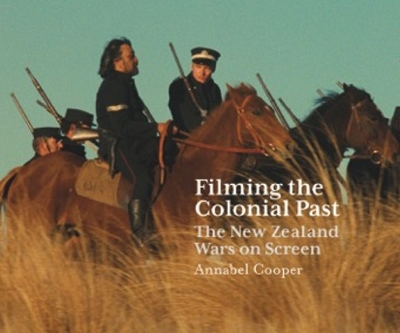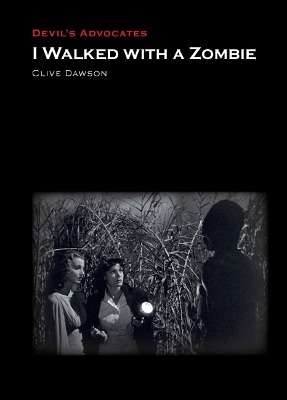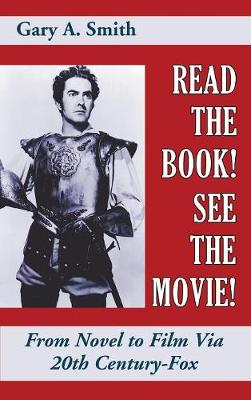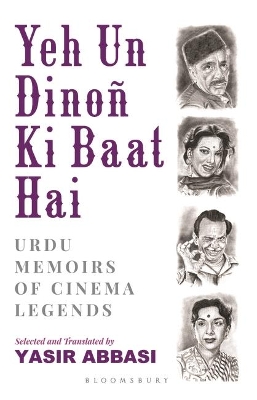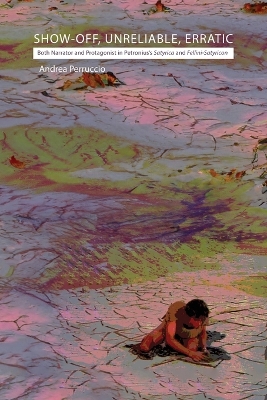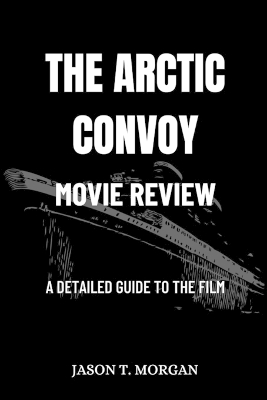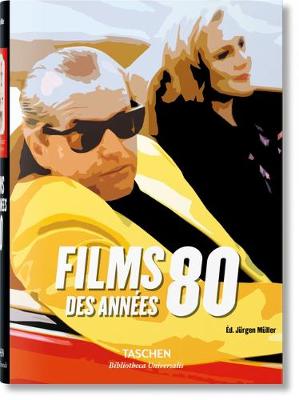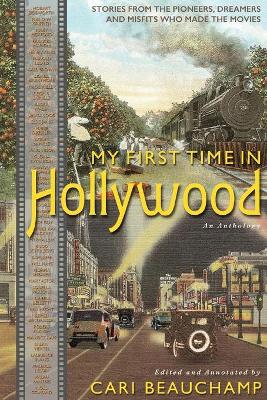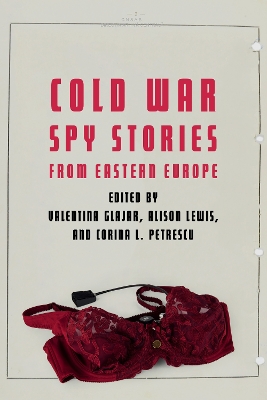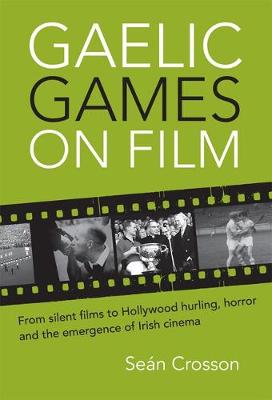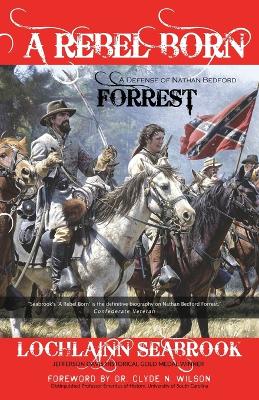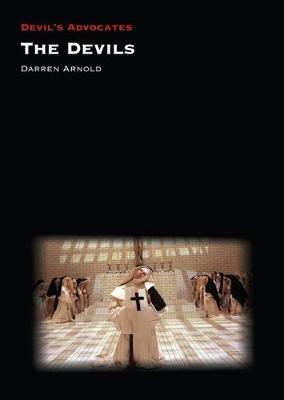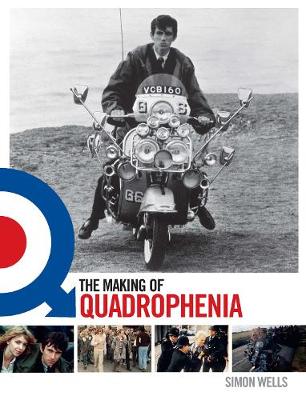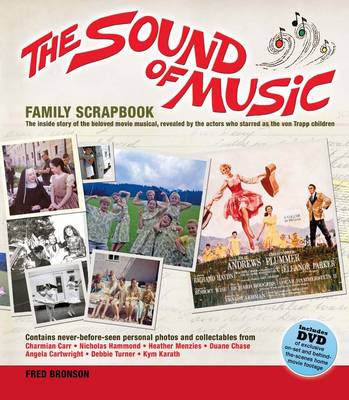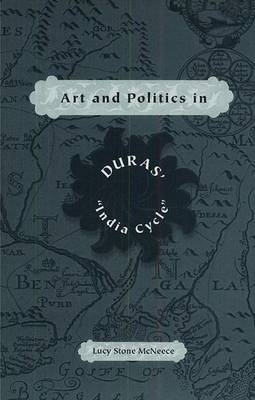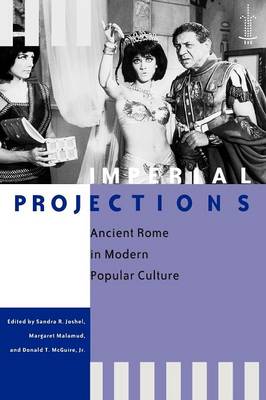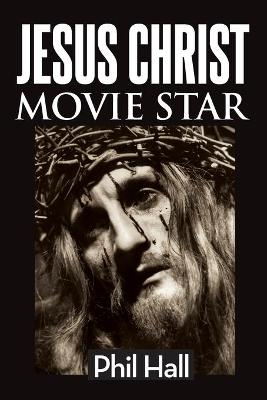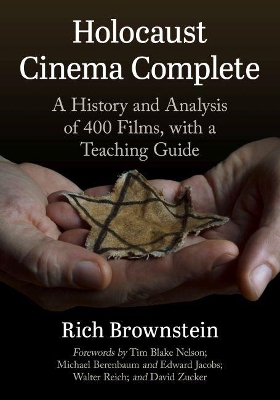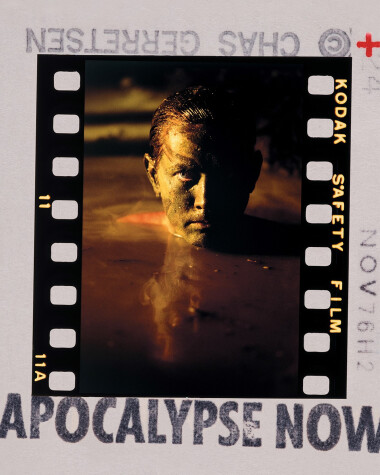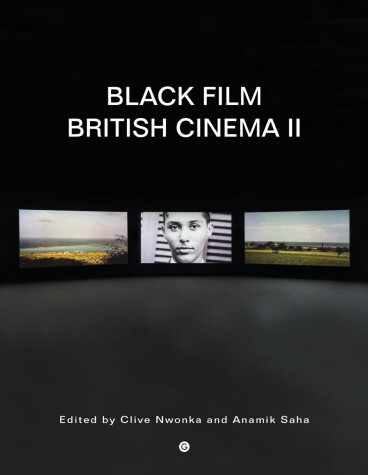I Walked with a Zombie (1943), Val Lewton's second feature for RKO Radio Pictures, was described by critic Robin Wood as 'perhaps the most delicate poetic fantasy in the American Cinema.' Following immediately in the wake of the groundbreaking Cat People (1942), Zombie pioneered an even more radical narrative approach yet proved to be the critical and commercial equal of its predecessor, cementing the reputation of both Lewton and his director, Jacques Tourneur. Despite the lurid, studio-imposed...
Read the Book! See the Movie! From Novel to Film Via 20th Century-Fox (hardback)
by Gary A Smith
Celebrate your love of Downton Abbey™ and send a note of thanks to friends and family with this deluxe collection of thank you note cards. The set contains 10 each of three different card designs and coordinating envelopes. 30 CARDS: Perfect for wedding, birthday, or holiday gift thank you notes—express your gratitude or show your appreciation with these beautiful thank you notes all year long. 30 COORDINATING ENVELOPES: Each thank you card comes with a matching envelope to elegantly enclos...
During the Cold War, spy stories became popular on both sides of the Iron Curtain, capturing the imaginations of readers and film goers alike as secret police outfits quietly engaged in espionage and surveillance under the shroud of utmost secrecy. Curiously, in the post-Cold War period there are no signs of this enthusiasm diminishing. With the opening of the secret police archives in many countries in Eastern Europe comes the unique chance to excavate many forgotten spy stories and narrate the...
Gaelic games have repeatedly provided filmmakers and producers with a resonant motif through which they have represented perceived aspects of Irish identity, perceived as this representation has been neither straightforward nor unproblematic: in international productions in particular, Gaelic games have been employed on occasion as a short hand for regressive stereotypes associated with Irish people, including their alleged propensity for violence. For indigenous producers, on the other hand, Ga...
Undoubtedly the most notorious title in director Ken Russell's controversial filmography, The Devils (1973) caused a real furor on its initial theatrical release, only to largely disappear for many years. This Devil's Advocate considers the film's historical context, as the timing of the first appearance of The Devils is of particular importance, its authorship and adaptation (Russell's auteur reputation aside, the screenplay is based on John Whiting's 1961 play of the same name, which was in tu...
Forty years after Quadrophenia first hit the world's cinema screens, its influence on popular culture can still be felt today. Following Jimmy the Mod in his search for identity against the backdrop of the May Bank Holiday riots of the 1960s, the film - based on the classic album by The Who - is widely regards as the finest example of a British "youth movie". And, as the generation that saw it first time around now have teenagers of their own, Quadrophenia has become a glorious benchmark for the...
From the moment Julie Andrews appears on the hills outside Salzburg to the final daring escape from the Nazis, "The Sound of Music" is embedded in the DNA of a generation. But what was it like to be part of all this? For seven children, the summer of 1964 was a magical one, spent in Salzburg, Austria with their parents or guardians, the film's stars and director, and last - but not least - each other. "The Sound of Music Family Scrapbook" tells their story, during the filming and once the movie...
Proposing a political reading of six of Marguerite Duras' works, the author centres on a single narrative core as an allegory of the neocolonial politics of representation. The study sets the work in a larger framework than that of psychoanalysis and feminism.
Imperial Projections (Arethusa Books)
The phenomenal success of the recent film Gladiator ensures that ancient Rome will continue to inspire moviemakers and attract audiences as it has done since the dawn of cinema. Indeed, the creators of popular culture have so often appropriated elements of Roman history and society for films and television programs, novels and comic books, advertising and computer games that most people's knowledge of ancient Rome derives from these representations. In Imperial Projections, scholars from a varie...
Holocaust movies have become an important segment of world cinema and the de-facto Holocaust education for many. One quarter of all American-produced Holocaust-related feature films have won or been nominated for at least one Oscar. In fact, from 1945 through 1991, half of all American Holocaust features were nominated. Yet most Holocaust movies have fallen through the cracks and few have been commercially successful. This book explores these trends—and many others—with a comprehensive guide to...
Hired in 1976 by Francis Ford Coppola as the still photographer for his masterpiece Apocalypse Now, Chas Gerretsen’s private archive of hundreds of photographs propels readers immediately into the chaos and drama surrounding one of the most important movies ever made. Gerretsen was a renowned freelance photographer working in Vietnam when he got the call from Coppola, who was looking for a combat photographer for a war movie. Given unprecedented access to the film’s stars, extras, crew, a...
A genre-bending novel of 1001 nights of no-holds-barred, pre-code American movies distilled into a single fevered dreamworld. Arabian Nights of 1934 is a journey through the fevered dreamworld embodied in American movies of the early 1930s: an era that closed abruptly with the enforcement of the Production Code in July 1934. It distills a thousand and one nights of Depression-era movie-going—plotlines, closeups, cityscapes, wisecracks, backchat, and frantic outbursts—into a haunting parallel li...
The politics of race in British screen culture over the last 30 years vis-a-vis the institutional, textual, cultural and political shifts that have occurred during this period. Black Film British Cinema II considers the politics of blackness in contemporary British cinema and visual practice. This second iteration of Black Film British Cinema, marking over 30 years since the ground-breaking ICA Documents 7 publication in 1988, continues this investigation by offering a crucial contemporary cons...
